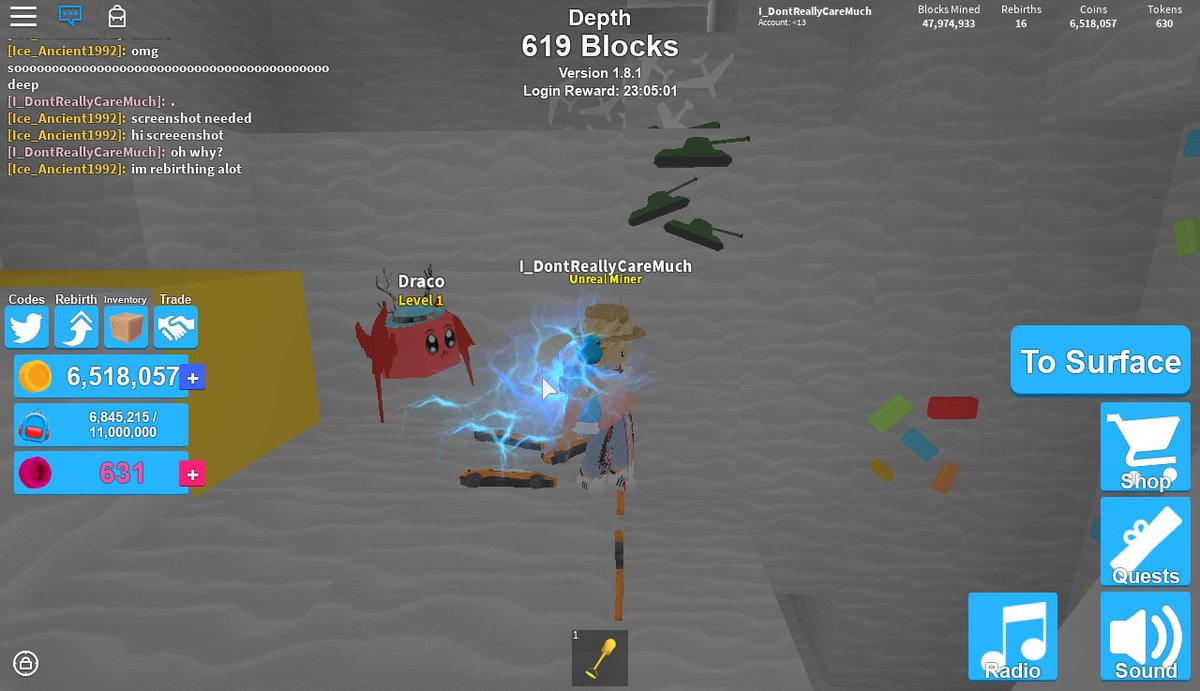
#Scripts liquidbounce windows
Windows PowerShell returns this path for gcm cowsay: C:\Users\jane\AppData\Roaming\npm\cowsay.ps1 The executable cowsay without a filename extension is for Unix-based Windows environments such as Cygwin, MinGW, and MSYS. Result on the Windows Command shell: >npm bin -gĬ:\Users\jane\AppData\Roaming\npm\cowsay.cmd It also ensures that that directory is available in the shell PATH. Npm bin -g tells us where npm installs shell scripts globally. Where are shell scripts installed globally? npm bin -g # Where are packages installed globally? npm root -g #Ĭ:\Users\jane\AppData\Roaming\npm\node_modules ├── Windows, the installation path is %AppData%\npm, e.g.: >echo %AppData%\npm We can check which packages are installed globally and where: % npm ls -g

Which packages are installed globally? npm ls -g # The packages are ignored when Node.js looks up bare module specifiers in node_modules directories. Note that only the bin scripts are available globally.
#Scripts liquidbounce how to
To install this package globally, we use npm install -g: npm install -g cowsayĬaveat: On Unix, we may have to use sudo (we’ll learn soon how to avoid that): sudo npm install -g cowsayĪfter that, we can use the commands cowsay and cowthink in our command lines.

Package cowsay has the following package.json property: "bin" : , Installing npm registry packages globally #

Where are packages installed globally? The npm installation prefix.Where are shell scripts installed globally? npm bin -g.Where are packages installed globally? npm root -g.Which packages are installed globally? npm ls -g.Installing npm registry packages globally.We explore what all of that means and how we can run bin scripts after installing them. Globally installing a package with bin scripts means installing it in a “global location” so that the scripts are accessible everywhere – for either the current user or all users of a system (depending on how npm is set up). The scripts are only accessible within that package.

Locally installing a package with bin scripts means installing it as a dependency inside a package. In this blog post, we explore two ways of installing packages with bin scripts: If we install such a package, Node.js ensures that we can access these shell scripts (so-called bin scripts) from a command line. The package.json property "bin" lets an npm package specify which shell scripts it provides (for more information, see “Creating ESM-based shell scripts for Unix and Windows with Node.js”).


 0 kommentar(er)
0 kommentar(er)
